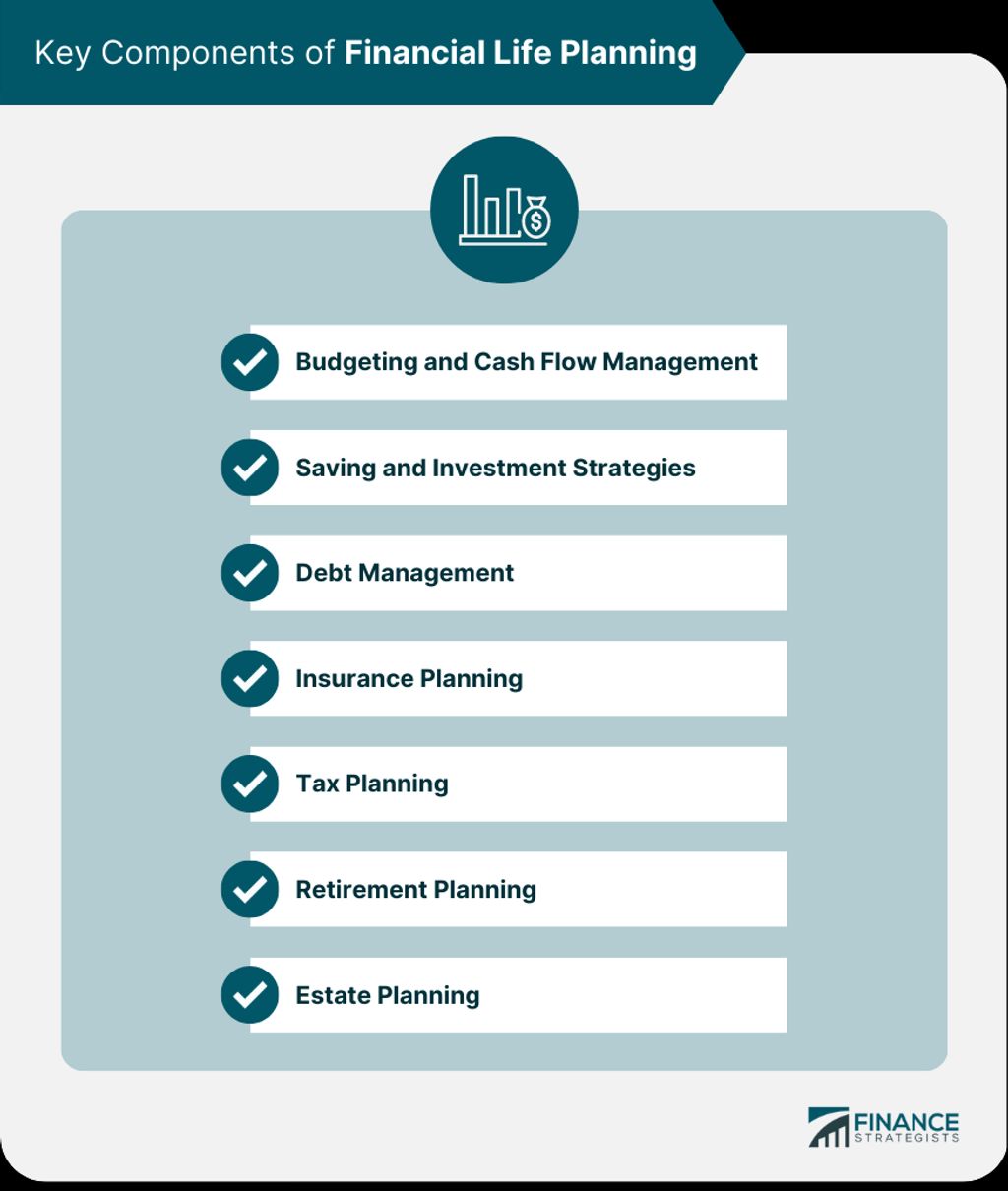Debt can have a significant impact on the building automation industry, affecting the growth and profitability of companies. It is crucial for building automation companies to understand the causes and consequences of debt in order to develop effective strategies for recovery. This article provides insights into the impact of debt on the industry and offers key takeaways for building automation companies to navigate the path to financial recovery.
Key Takeaways
- Debt can hinder the growth and profitability of building automation companies.
- Identifying the causes of debt is essential for implementing effective recovery strategies.
- Cost-cutting measures can help reduce debt and improve financial stability.
- Negotiating with creditors for debt restructuring can provide relief and facilitate recovery.
- Regular monitoring and assessment of financial health is crucial for avoiding excessive debt.
Understanding the Impact of Debt on the Building Automation Industry
The Causes of Debt in the Building Automation Industry
Debt in the building automation industry can arise from various factors, including financial mismanagement, economic downturns, and unexpected expenses. B2B collection agencies can also play a role in accumulating debt for companies in this industry. These agencies specialize in collecting outstanding payments from other businesses, and their involvement can result in additional financial burdens for building automation companies.
The Consequences of Debt for Building Automation Companies
Debt can have serious consequences for building automation companies. It can lead to financial instability, hinder growth opportunities, and strain relationships with suppliers and partners. Cash flow is often affected, making it difficult to meet operational expenses and invest in new projects. Additionally, high levels of debt can damage a company’s credit rating, making it harder to secure financing in the future. Building automation companies may also face legal action from creditors if they are unable to repay their debts.
Strategies for Debt Recovery in the Building Automation Industry
Implementing Cost-cutting Measures to Reduce Debt
Implementing cost-cutting measures is crucial for building automation companies looking to reduce debt. By carefully analyzing expenses and identifying areas of overspending, companies can make strategic adjustments to their budget. This may involve reducing non-essential expenses, renegotiating contracts with suppliers, or finding more cost-effective alternatives. Additionally, companies can explore opportunities for revenue growth, such as expanding into new markets or offering additional services. By taking proactive steps to cut costs and increase revenue, building automation companies can gradually reduce their debt and improve their financial stability.
Negotiating with Creditors for Debt Restructuring
When facing significant debt in the building automation industry, negotiating with creditors for debt restructuring can be a crucial step towards recovery. By engaging in open and honest discussions with creditors, companies can explore options to alleviate their financial burden and create a more sustainable path forward. Communication is key during these negotiations, as it allows both parties to understand each other’s perspectives and find mutually beneficial solutions. It is important to highlight the value of long-term partnerships and the potential for future growth. Additionally, companies should consider the following strategies:
Debt recovery is a crucial aspect of the building automation industry. It is important for businesses to have effective strategies in place to recover outstanding debts and maintain a healthy cash flow. At [website name], we understand the challenges faced by businesses in debt recovery and offer expert solutions to help you get back what you are owed. Our team of experienced professionals specializes in B2B collection services and can assist you in recovering outstanding debts from clients in the building automation industry. Whether you are a small business or a large corporation, we have the expertise and resources to handle your debt recovery needs. Request a quote for our expert debt collection services today and let us help you regain control of your finances.
Frequently Asked Questions
What are the common causes of debt in the building automation industry?
The common causes of debt in the building automation industry include high operating costs, poor financial management, economic downturns, and excessive borrowing.
How does debt impact building automation companies?
Debt can have several negative impacts on building automation companies, such as limited cash flow, increased interest expenses, reduced profitability, and potential bankruptcy.
What cost-cutting measures can building automation companies implement to reduce debt?
Building automation companies can implement cost-cutting measures such as reducing unnecessary expenses, optimizing energy usage, renegotiating contracts, and streamlining operations.
Is it possible to negotiate with creditors for debt restructuring in the building automation industry?
Yes, it is possible to negotiate with creditors for debt restructuring in the building automation industry. Companies can explore options such as debt refinancing, debt consolidation, or extended repayment terms.
What are the potential consequences of not addressing debt in the building automation industry?
Not addressing debt in the building automation industry can lead to financial instability, loss of business opportunities, damaged credit rating, legal actions, and even business closure.
Are there any government programs or initiatives to support debt recovery in the building automation industry?
There may be government programs or initiatives available to support debt recovery in the building automation industry. Companies should research and explore options such as grants, loans, or tax incentives.





